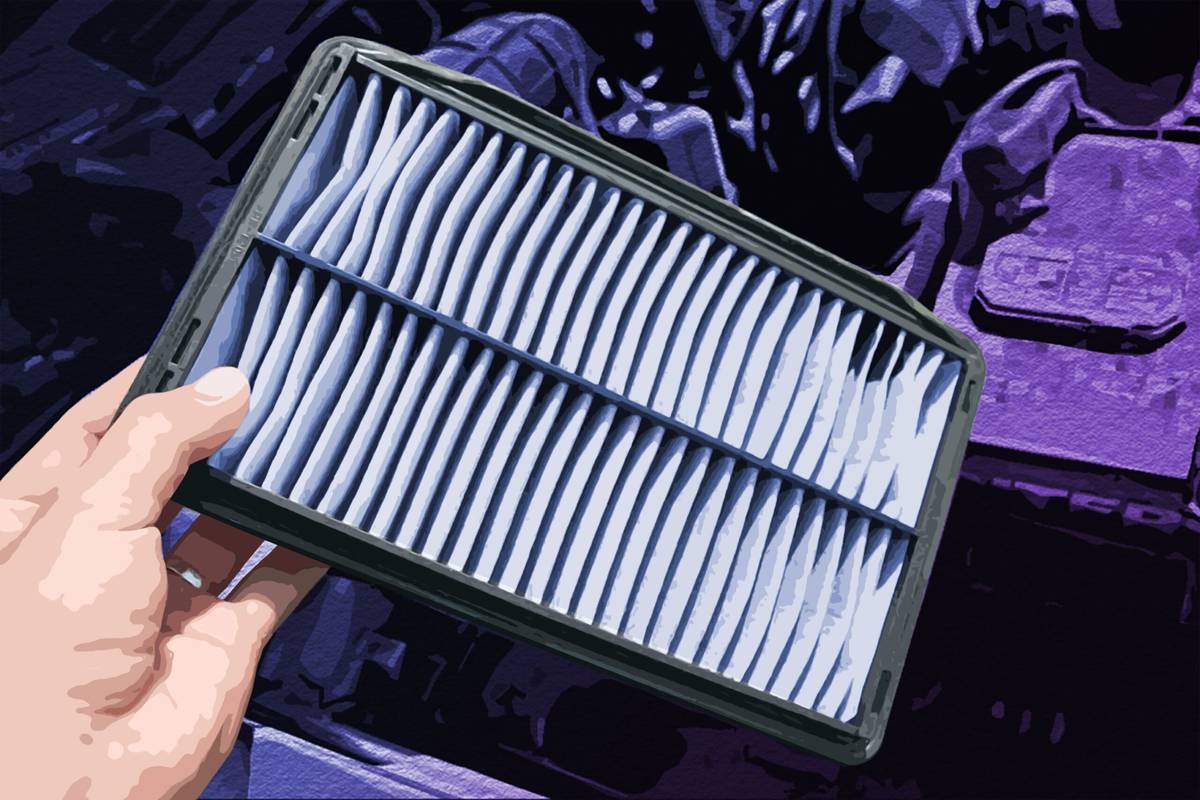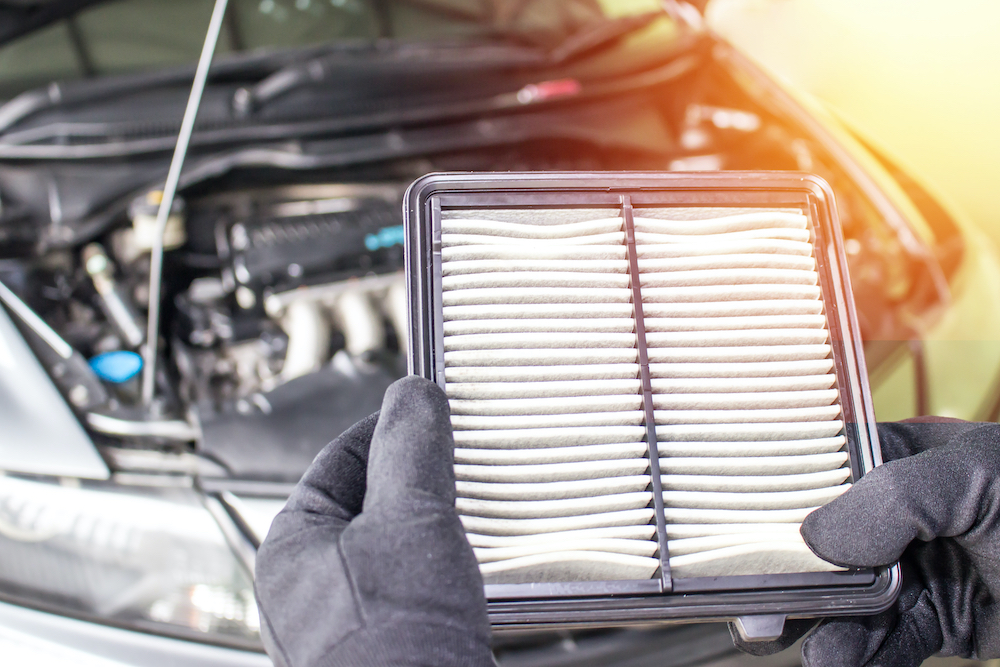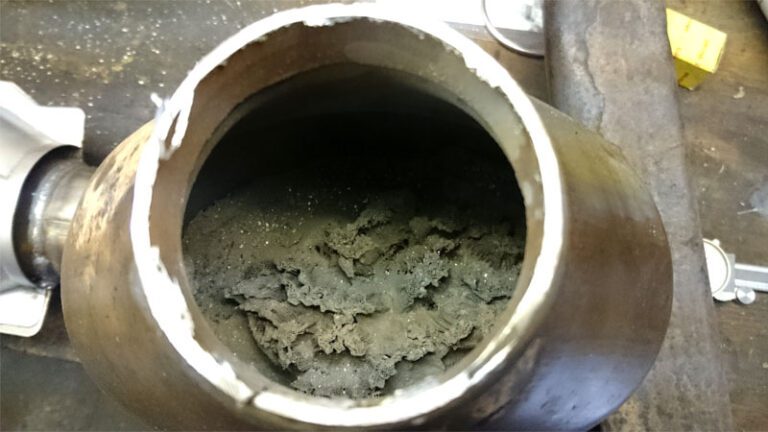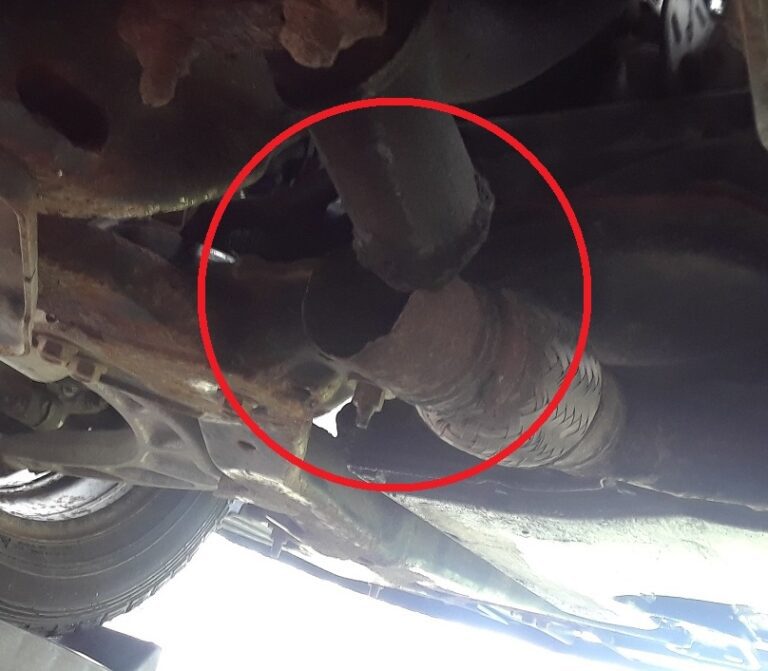How to Change the Engine Air Filter
To change the engine air filter, locate the air filter housing, open it, remove old filter, and insert a new filter. Changing the engine air filter is crucial for optimal vehicle performance and fuel efficiency.
A clean air filter allows for proper air flow into the engine, preventing dirt and debris from entering. It is recommended to change the air filter every 12,000 to 15,000 miles or as advised in your car’s manual. Regularly replacing the air filter will extend the life of your engine and ensure smooth operation.
Following these simple steps will help you maintain your vehicle’s health and performance.
Why Change The Engine Air Filter
When it comes to maintaining your car, changing the engine air filter is a simple yet essential task.A clean air filter is crucial for the smooth operation of your vehicle’s engine.Keeping the air filter clean prevents dirt, debris, and contaminants from entering the engine, ensuring optimal performance and fuel efficiency.
Importance Of A Clean Air Filter
A clean air filter plays a vital role in ensuring that your engine receives a steady flow of clean air.It traps dirt and particles, preventing them from entering the engine and causing damage.Regularly changing the air filter can also contribute to extending the lifespan of your engine.
How A Dirty Air Filter Affects Engine Performance
When the air filter becomes dirty and clogged, it restricts the airflow to the engine.This can lead to decreased engine performance, reduced acceleration, and lower fuel efficiency.In addition, a dirty air filter can cause engine misfires, rough idling, and increased emissions.

Credit: www.cars.com
When To Change The Engine Air Filter
Regularly changing the engine air filter is crucial for maintaining optimal performance and fuel efficiency of your vehicle.
Manufacturer’s Recommendations
Refer to your vehicle’s manual for specific guidelines on when to change the engine air filter.
Signs Indicating A Need For Replacement
- Decreased acceleration or power
- Reduced fuel efficiency
- Unusual engine noises
- Dark smoke emitting from the exhaust
Step-by-step Guide To Changing The Engine Air Filter
Learn how to change the engine air filter with this step-by-step guide. Keep your vehicle running smoothly by following these simple instructions and ensure optimal engine performance.
In maintaining your vehicle’s optimal performance, changing the engine air filter is crucial. Follow this step-by-step guide to effortlessly replace the air filter and keep your engine running smoothly.Gather The Necessary Tools And Materials:
- Owner’s manual
- New engine air filter
- Gloves
- Ratchet set
Locate The Air Filter Housing:
Open the hood of your vehicle and identify the air filter housing near the engine.
Open The Air Filter Housing:
Use the ratchet set to remove the screws or clips securing the air filter housing.
Remove The Old Air Filter:
- Take out the old air filter carefully to avoid debris falling into the engine.
- Inspect the old filter for dirt and clogs.
Install The New Air Filter:
- Place the new air filter in the housing in the same orientation as the old one.
- Ensure it fits snugly and securely in place.
Close The Air Filter Housing:
Put back the screws or clips to secure the air filter housing in place.
Check The Filter’s Placement And Secure The Housing:
Verify that the new air filter is correctly installed and secure the housing tightly.
Tips For Maintaining A Clean Air Filter
Regular inspection of the engine air filter is essential to ensure optimal vehicle performance. By following these tips for maintaining a clean air filter, you can prolong the longevity of your filter and improve fuel efficiency.
Regular Inspection
Performing regular inspections of the air filter will allow you to identify any build-up of dirt, debris, or blockages. It is important to inspect the air filter every 12,000 to 15,000 miles or as recommended by the vehicle manufacturer.
Cleaning Versus Replacement
It’s essential to understand when to clean and when to replace the air filter. While a dirty filter can be cleaned, in some cases, it may need to be replaced especially if it is damaged or excessively clogged. Check the vehicle’s manual for specific guidelines on cleaning versus replacement.
Preventing Contamination
Contamination of the air filter can happen due to environmental factors such as dust, pollen, and debris. To prevent contamination, ensure that the air filter housing is properly sealed, preventing unfiltered air from entering the engine.
Benefits Of Regular Air Filter Changes
Regular air filter changes offer numerous benefits, such as improved engine performance, enhanced fuel efficiency, and prolonging the lifespan of the engine. By following simple steps, you can easily change the engine air filter yourself, saving on maintenance costs and ensuring optimal functioning of your vehicle.
Improved Fuel Efficiency
Regularly changing the engine air filter can have a significant impact on the fuel efficiency of your vehicle. When the air filter is clogged with dirt, dust, and debris, it restricts the flow of air into the engine. This restriction can lead to a poor air-to-fuel ratio, causing the engine to work harder to produce the same amount of power. As a result, your vehicle consumes more fuel to compensate for the reduced airflow. By replacing the air filter regularly, you can ensure that your engine receives clean air, allowing it to operate more efficiently and improve your fuel efficiency.Extended Engine Life
Not only does a clean air filter improve fuel efficiency, but it also plays a crucial role in extending the life of your engine. When an air filter becomes clogged, it allows particles such as dirt and debris to enter the engine, which can cause damage to the internal components. Over time, this damage can lead to reduced engine performance and even engine failure. By regularly changing the air filter, you can prevent these harmful particles from reaching the engine, thus reducing the risk of damage and prolonging the overall life of your engine.Enhanced Air Quality In The Cabin
Apart from its impact on the engine, the air filter also plays a vital role in maintaining the air quality inside the cabin of your vehicle. A clean air filter prevents dust, pollen, and other allergens from entering the ventilation system, ensuring that you and your passengers can breathe in clean and fresh air. This is particularly important for individuals with respiratory conditions or allergies. By regularly replacing the air filter, you can enjoy a healthier and more comfortable driving experience, free from airborne pollutants that may cause irritation or other health issues. In conclusion, regular air filter changes bring numerous benefits that should not be overlooked. By improving fuel efficiency, extending engine life, and enhancing air quality in the cabin, you can ensure optimal performance and a more enjoyable driving experience. Make it a priority to check and replace your engine air filter according to the manufacturer’s recommendations, and you’ll reap the rewards in both the short and long term. So, go ahead and take the necessary steps to maintain your air filter, and let your vehicle perform at its best while providing you with a cleaner and more pleasant drive.
Credit: www.gunnhonda.com

Credit: www.jackhananiachevrolet.com
Frequently Asked Questions On How To Change The Engine Air Filter
Can I Change Engine Air Filter Myself?
Yes, you can change the engine air filter yourself. Just follow the manufacturer’s guidelines and ensure proper fitment.
How Often Should You Change Engine Air Filter?
You should change your engine air filter every 12,000 to 15,000 miles for optimal performance and fuel efficiency.
Where Is The Engine Air Filter Located?
The engine air filter is typically located in a box under the hood of the car. It is usually near the front of the engine and can be accessed by removing the filter box’s cover. Regularly changing the air filter helps maintain optimal engine performance.
What Are The Steps To Changing The Air Filter?
To change the air filter, turn off the HVAC system, open the filter compartment, remove the old filter, and replace it with a new one that matches the size and type. Close the compartment and turn the system back on.
Regularly changing the air filter improves air quality and system efficiency.
How Often Should I Change The Engine Air Filter?
It is recommended to change the engine air filter every 12,000 to 15,000 miles or as per the manufacturer’s guidelines.
Why Is It Important To Change The Engine Air Filter Regularly?
Regularly changing the engine air filter ensures clean air reaches the engine, improves fuel efficiency, and prevents damage to vital engine components.
Can I Change The Engine Air Filter Myself?
Yes, changing the engine air filter is a simple DIY task that can be done with a few basic tools and following the manufacturer’s instructions.
Conclusion
Maintaining a clean engine air filter is crucial. Regular replacement ensures efficient air flow and protects your engine. By following these simple steps, you can save money and prolong the life of your engine. Remember to consult your owner’s manual for specific instructions.
Don’t overlook this essential maintenance task!


